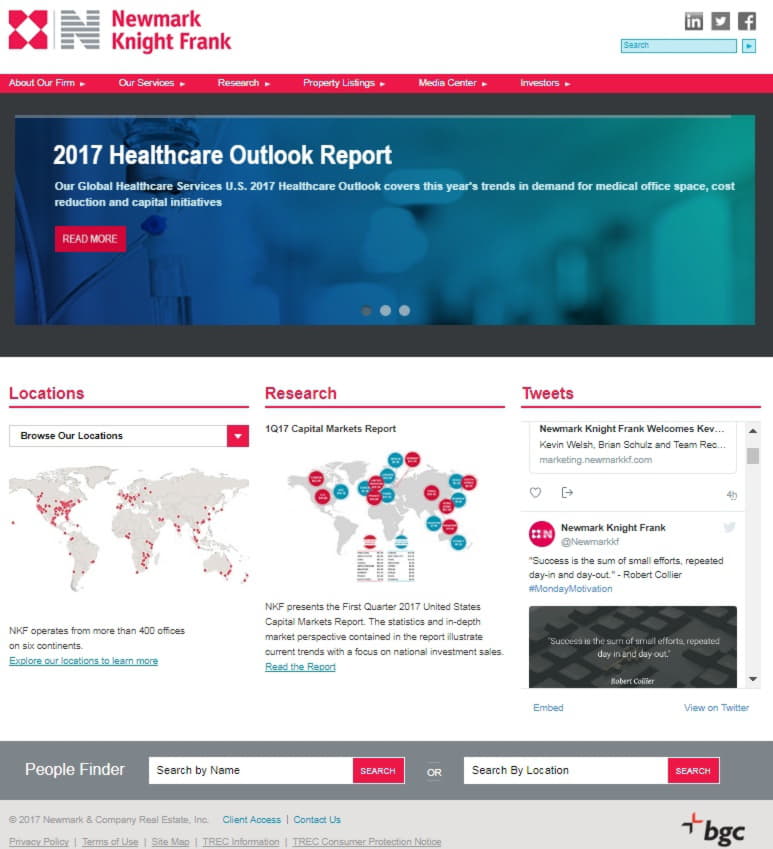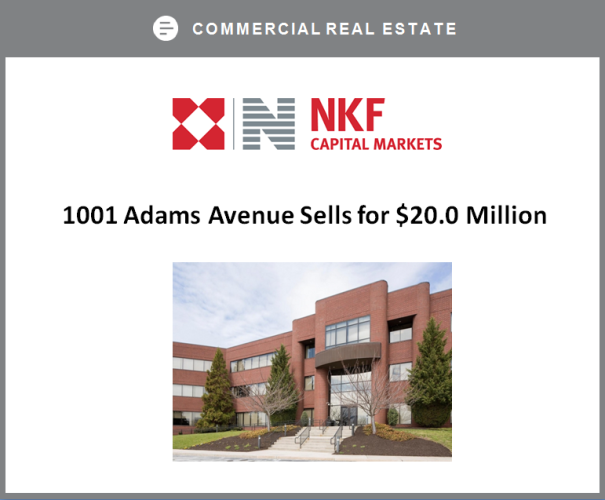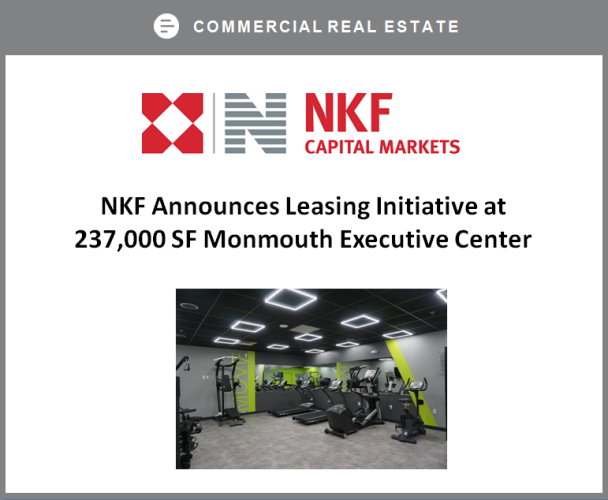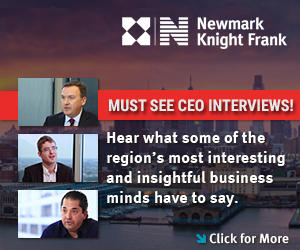
Melissa Schipke
Click here for Part II & Part III
Driving engagement between institutions and their alumni and constituents
Melissa Schipke is the founder and CEO of Tassl, a company that builds technologies centered on constituent engagement. Users of the Tassl app include higher education institutions, group coordinators, and network administrators, as well as their constituents: alumni and volunteers. Melissa started the company after obtaining her MBA from Rowan University. She graduated from Penn State University with a double degree in marketing and advertising in 2009.
EDWIN WARFIELD: Can you give us an overview of Tassl? How does it work?
MELISSA SCHIPKE: Tassl is an affordable and innovative software solution to any network or institution that’s looking to better track and measure engagement to better understand where they can be more impactful when it comes to their resources and their strategy. We’ve created simplified tools to reduce the workflow that goes into engaging, by giving you the insights you really need to be successful and reward and recognize engagement throughout your network.
Q. What made you decide to start the company?
A. I was really involved as a student when I went to Penn State, which is my alma mater. When I graduated in 2009, I started working for Altria Group, a Fortune 200 company, specifically working in their sales and distribution channels, working on analytics. Through my involvement with that company and understanding analytics, and my continuous involvement as an alumni volunteer, I uncovered a lot of opportunities for higher education institutions to better track and manage data when it comes to engagements that don’t correlate to giving. After several years working in a Fortune 200 company, and several ideas around ways to better centralize data for universities, I decided to take the plunge and quit my nice comfortable job to do a startup here in Philadelphia to help better engage university alma mater and networks.
Q. Tell us about your user base. Why focus on alumni?
A. Our products at Tassl have definitely evolved over the years. We look at a university network or any professional network as three different buckets and three different views. The end constituent—the alumni for higher ed; the volunteer leaders—the really passionate, driven leaders who are with the grassroots efforts to engagement and all the different cities across the U.S.; and then the institution. All three of these pieces all are connected in some way, but they all have a lot of different needs and a lot of different challenges when it comes to staying involved in that network.
We wanted to strategically build technology that could sync together and work together in one cohesive unit, but that could add value throughout that ecosystem to make it stronger and more accessible and really recognize engagements that aren’t directly correlated to giving. We know that giving is still very important for institutions, and it’s a very big part of an overall engagement strategy, however there’s a large gap when young alum aren’t yet at a point when they can financially give, and when there’s a lot of opportunity to continue to keep those ties and add value back to the network in ways outside of giving.
Our software essentially assesses and takes a look at the current engagement programs that are happening. Whether you are having reunions, or professional networking events, or game watches, or have a mentorship program or rewards recognition program, we can essentially better understand what the reach and impact of those programs are and how they relate to other behaviors that the institution is trying to drive. If you’re spending a ton of money on a reunion and your engagement over the years is not expanding, or you’re not having a larger reach for that specific program, [it means] having the data to back it to maybe move and allocate some of those resources to a newer program so that can be continuously innovative in their programming over time. From a strategic standpoint, we help reduce the amount of administrative work that goes into operating and managing these programs. We help track the history of it and the success of it, and help analyze what is the next best stuff and the strategy to improve engagement.
Q. What kinds of challenges do you face in the education technology market?
A. There are a lot of people building really great things in Ed-Tech, and Ed-Tech is definitely an industry that is really ripe for disruption. The challenge, I think, Ed-Tech really faces is a lot of brilliant technologists who want to build Ed-Tech, but understanding the clientele and customer base is a very different challenge from a startup’s perspective. As a startup you want to get product–market fit; when you’re working in Ed-Tech, that’s the first obstacle you have to overcome, and then there’s the obstacle of understanding the selling process in an educational environment that has a state funding, budget cuts, a lot of different administrative levels, decision-making, change management—all big challenges that Ed-Tech faces, which makes it really hard for people who are building innovative tech to actually get it to stick, because if you can’t survive that, you end up falling kind of flat. But there are a lot of people that are doing some innovative things, specifically on looking and building things like fundraising, new ways of fundraising into the institution, new ways of managing voluntarism, and trying to find new and unique ways to engage people and keep them connected.
Connect with Melissa on LinkedIn
Sponsored by:
ABOUT NEWMARK KNIGHT FRANK
Newmark Knight Frank (NKF) is one of the world's leading commercial real estate advisory firms. Together with London-based partner Knight Frank and independently-owned offices, NKF's 14,100 professionals operate from more than 400 offices in established and emerging property markets on six continents.
With roots dating back to 1929, NKF's strong foundation makes it one of the most trusted names in commercial real estate. NKF's full-service platform comprises BGC's real estate services segment, offering commercial real estate tenants, landlords, investors and developers a wide range of services including leasing; capital markets services, including investment sales, debt placement, appraisal, and valuation services; commercial mortgage brokerage services; as well as corporate advisory services, consulting, project and development management, and property and corporate facilities management services. For further information, visit www.ngkf.com.
NKF is a part of BGC Partners, Inc., a leading global brokerage company servicing the financial and real estate markets. BGC's common stock trades on the NASDAQ Global Select Market under the ticker symbol (NASDAQ: BGCP). BGC also has an outstanding bond issuance of Senior Notes due June 15, 2042, which trade on the New York Stock Exchange under the symbol (NYSE: BGCA). BGC Partners is led by Chairman and Chief Executive Officer Howard W. Lutnick. For more information, please visit www.bgcpartners.com.


Edwin Warfield, CEO of citybizlist, conducts the CEO Interviews.
If you're interested in reaching CEOs, please contact edwin.warfield@citybuzz.co
Connect on LinkedIn







